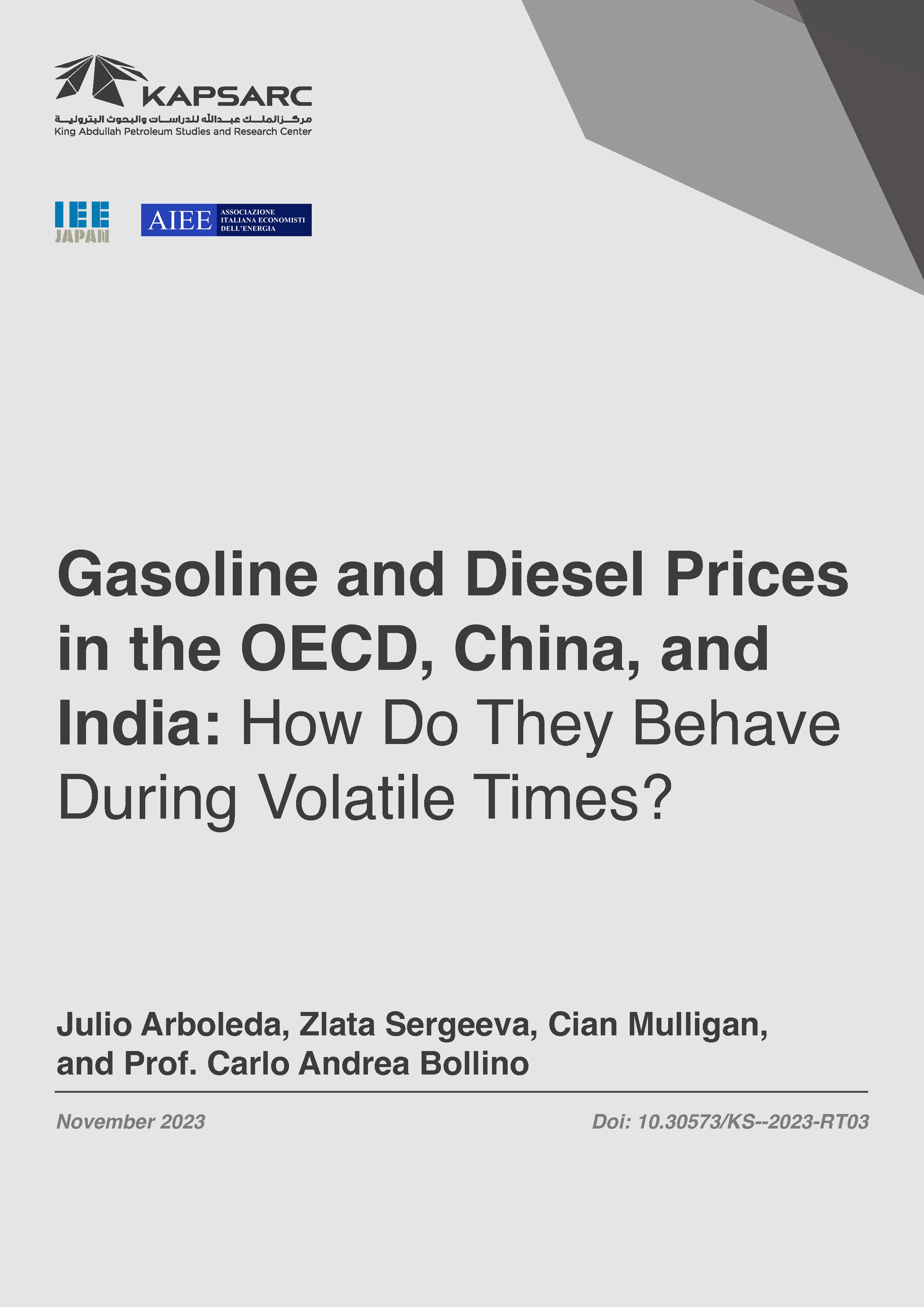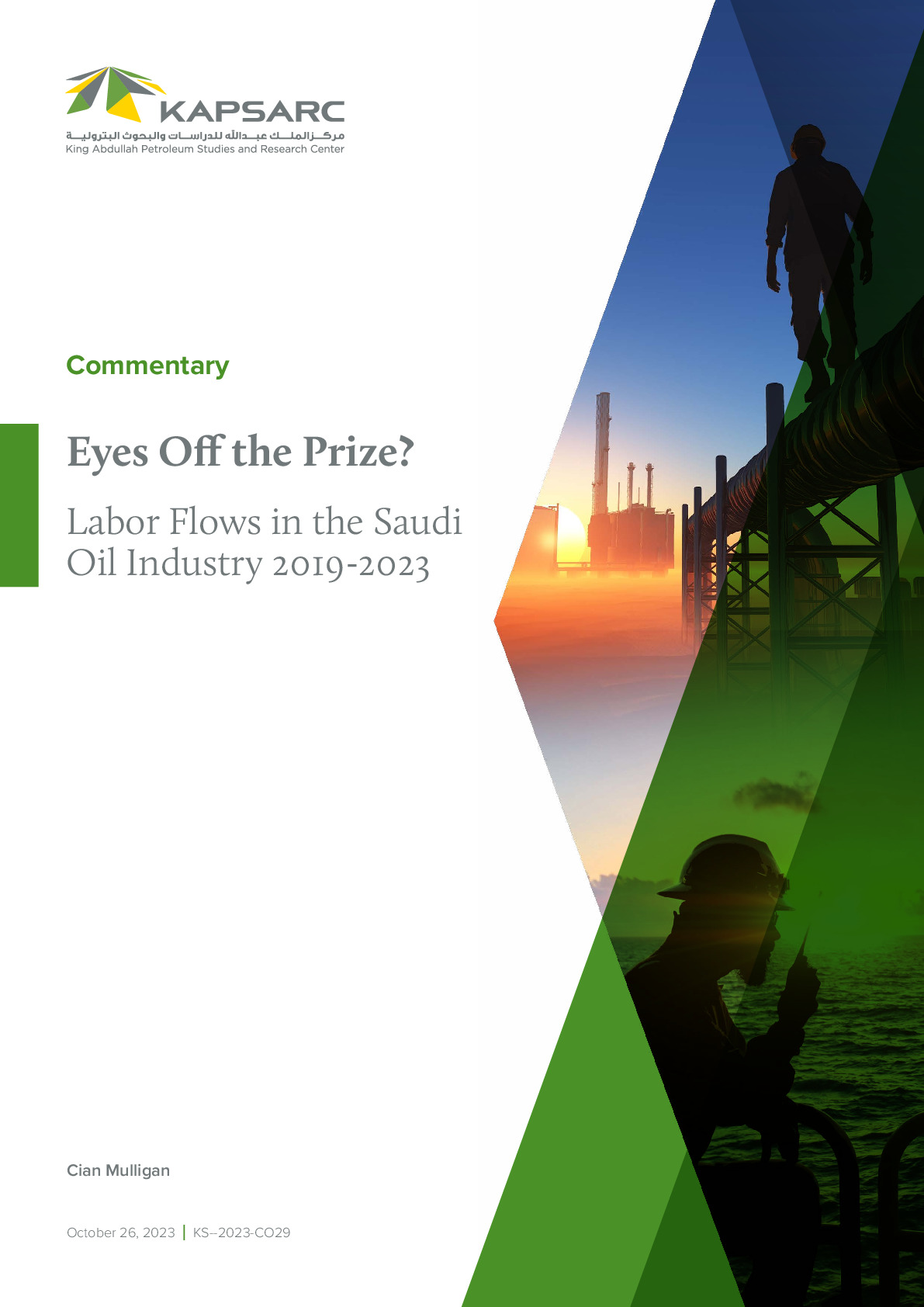While much attention has been paid recently to oil and gas investment gaps, there has also been a rising chorus of analyses highlighting an emerging talent gap in traditional energy industries.

Research Fellow
Cian has been a member of the Energy Macro- and Microeconomics team since March 2018. Focusing on analyzing the employment…
Cian has been a member of the Energy Macro- and Microeconomics team since March 2018. Focusing on analyzing the employment benefits of the energy transition, he has authored a series of studies that shed light on issues relevant to the modern Saudi labor market in light of Saudi Vision 2030. His recent research interests include analysis of green jobs in Saudi Arabia, Saudi female labor force participation, and optimizing local content policy design. He has presented research at multiple international conferences and worked and studied in the Netherlands, the United Kingdom, Spain, Italy, Germany, Austria, and Taiwan, as well as his native country of Ireland.
Expertise
- Labor Economics
- Green Jobs
- Employment Policy
- Local Content Policy
Publications See all Cian Mulligan’s publications

Gasoline and Diesel Prices in the OECD, China, and India: How Do They Behave During Volatile Times?
While much attention has been paid recently to oil and gas investment gaps, there has…
22nd November 2023
Eyes Off the Prize? Labor Flows in the Saudi Oil Industry 2019-2023
While much attention has been paid recently to oil and gas investment gaps, there has…
13th November 2023